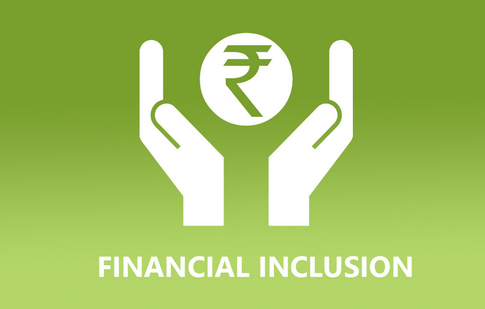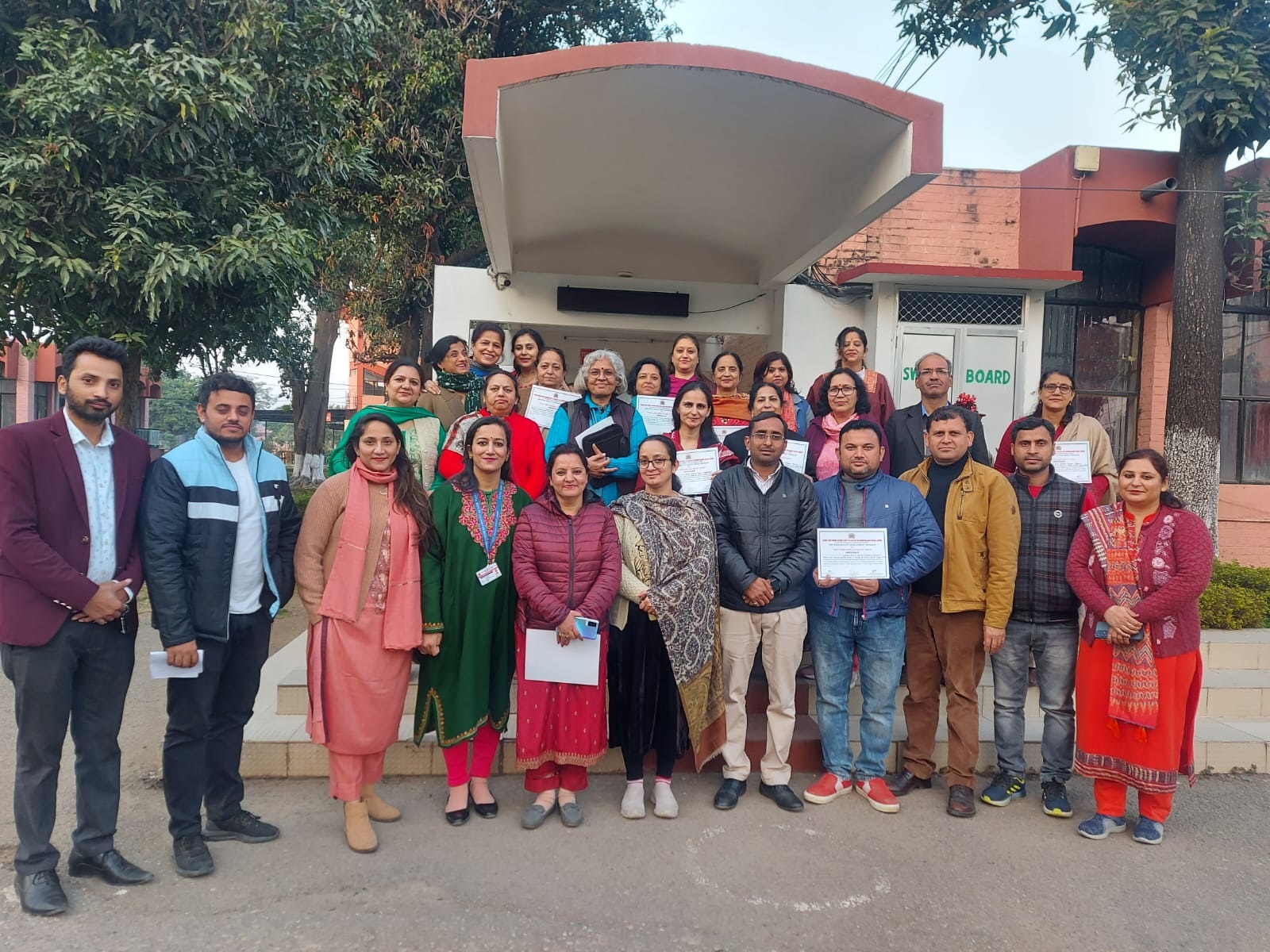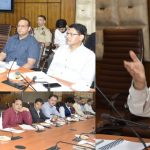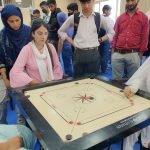Dr. SAJAD AHMAD MIR
ICT (Information and Communication Technologies) is a scientific, technological, engineering, and management discipline that deals with the creation, storage, retrieval, manipulation, transmission, and reception of digital information. It even has an association with social, economic, and cultural matters. The 21st century is the age of information and technology (IT).Every sphere of life is related to science and technology and a bulk of information is coming out in all fields throughout the world. Now ICT is widely used in the educational field to facilitate the teaching and learning process at the pace of emerging information. It is interesting for students and teachers both.
According to UNESCO (2002), “ICT is a scientific, technological and engineering disciplines and management techniques used in handling information, its application, and its association with social, economic, and cultural matters”. For the last few decades, ICT has been a part of our lives, rather than a lax approach to improving our society or individual lives. ICT which is now playing a sandwiching role between a student and a teacher, is widely used in educational settings. From the standpoint of a student, ICT helps a student to develop new skills, improve imaginative power, and become creative. It ultimately enhances academic performance.
From a teacher’s perspective, the use of ICT makes the teaching and learning process easy and interesting. A good teacher acts as an actor and has several skills and techniques for providing result-oriented teaching. So, a successful teacher in this modern era always tries to increase the skills and improve the pedagogy through the integration of ICT. In the modern era, societies are based on science and technology, thus, education demands more knowledge of teacher regarding ICT and skills to use ICT in the teaching and learning process.
Pre-service Teachers must also be knowledgeable about ICT, which can be acquired during their B.Ed. or the training programme, because this technological knowledge helps the pre-service teacher to know the world of technology in a better way by which it can be applied in the future for the betterment of the students. ICTs, a combination of software and hardware in the digital world, are giving schools and classrooms a new life by giving them a new curriculum based on real-world problems and projects, providing tools and more facilities for improving teaching and learning, and opportunities for feedback.
ICT also helps teachers, students, and parents to be together on a single platform. For example, Continuous and Comprehensive Evaluation (CCE) helps students as well as teachers to use more technology to make teaching-learning more attractive and, at the same time, keep parents updated to de-stress them for the betterment of our future generation. Teachers must be familiar with the use of ICT in their subject areas in order to assist students and make learning more effective. As a result, knowledge of ICT is critical for both prospective teachers and in-service teachers. By incorporating ICT into classroom instruction, teachers can achieve better learning outcomes.
For ICT-integrated technology, students and teachers must have sufficient access to increase their digital literacy. As a result, when technology and the internet are integrated into their classrooms, schools, and teacher education institutions, digital literacy improves dramatically. As we know, teachers are at the core of any living society. Institutions of teacher education, such as the State Council of Educational Research and Training (SCERT) in J&K, must set an example of ICT-integrated pedagogy.
SCERT has a role in making sure teachers have adequate knowledge and skills to use new digital tools to support all students in achieving high academic standards. Professional development should be prioritised by teacher education institutions based on the extent of ICT integration in the classroom. Also, down the line, students will have access to knowledge and information through TV, digital media, cable networks, the internet, and social media, i.e., Facebook, Twitter, Whatsapp, LinkedIn, Igo, Line, WeChat, etc. So, in the 21st century, ICT is essential for pre-service teacher education programme. Without adequate knowledge, a teacher cannot be said to be a good teacher if he or she does not use ICT in the classroom and is not considered a complete one.
Today is the 21st century, and the classroom scenario is changing. There is a significant technological gap between the two, viz., progress of society and the instructional activities of the teacher in the classroom. On the one hand, technology has revolutionized our society. On the other hand, the teaching-learning activities at the school level have lagged behind in terms of technology. In our classroom, the knowledge is imparted by the teacher in the traditional way only, which is a teacher-centric mode of teaching-learning that is monotonous and mundane. But present-day education in the 21st century is student-centric, which piques the interest of the students. Here, students learn from multiple sources, and for this reason, use of ICT and Multimedia is very much essential in the educational field, and simultaneously, teachers’ knowledge of ICT and multimedia is also required to balance the role and act as a facilitator.
The present dynamic class room is changing its look from a traditional one, i.e., from one way to two-way communication. One-way communication in the classroom is no longer acceptable. Teachers and students now both participate in classroom discussions in a dynamic way. In a dynamic classroom, education is based on student-centric education. So the teacher should prepare to deal with various situations in classroom-based technology so as to remain relevant in teaching. This way, teaching and learning become interesting. A teacher can make a classroom dynamic with the implementation of certain student-centric methodologies, such as project-based learning, open-ended questions, game-based learning, and simulation-based learning, which put students in the driver’s seat. It is possible with the appropriate ICT tool.
ICT has enabled better and more timely communication as well as the effective presentation of ideas in an appropriate way. So, it is a useful tool for learning, so students should also use it for better communication and effective presentation of their ideas. They should also look for information from multiple sources and become more diligent than before. So for this reason, ICT is very essential for teacher education.
(To be continued….)
(Author is Sr. Academic officer (Physics), Department of Education in Science & Mathematics, State Council of Educational Research Training (SCERT), Srinagar. E-mail: [email protected])








